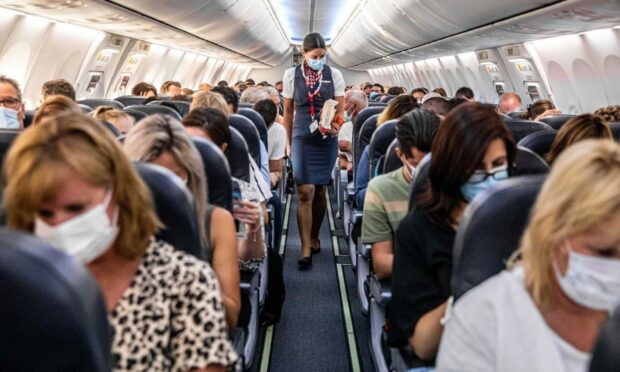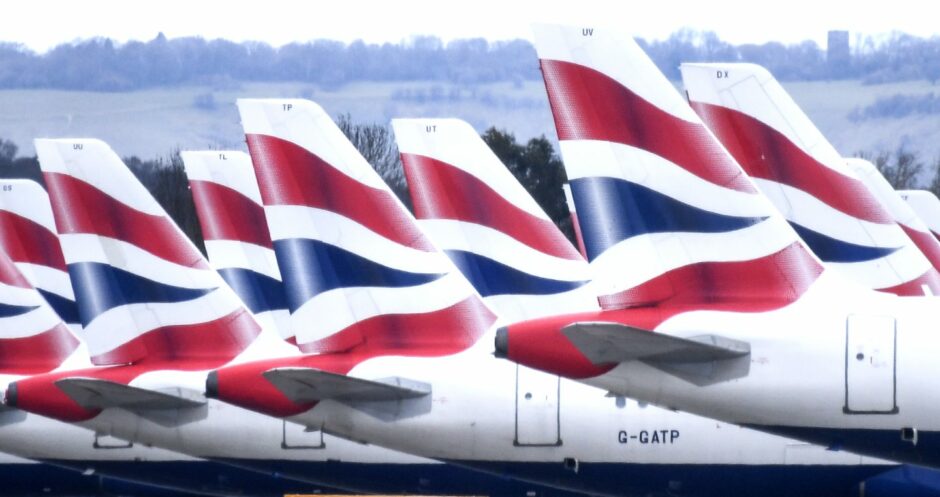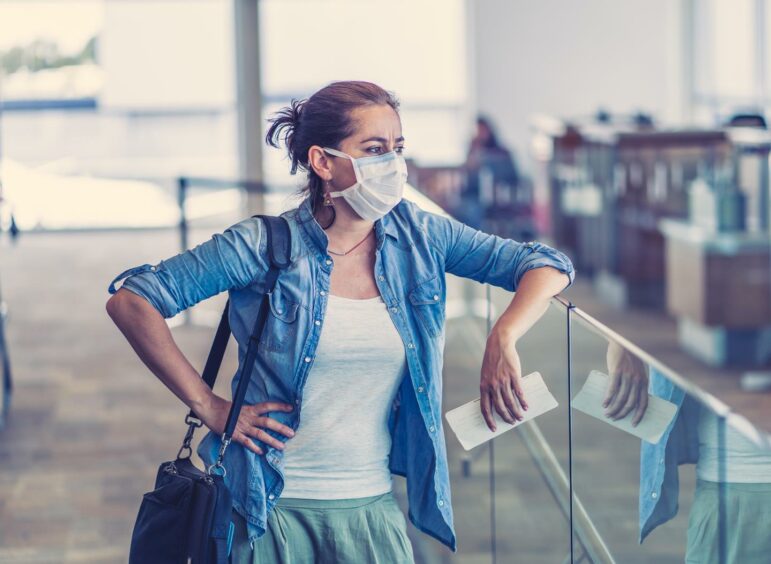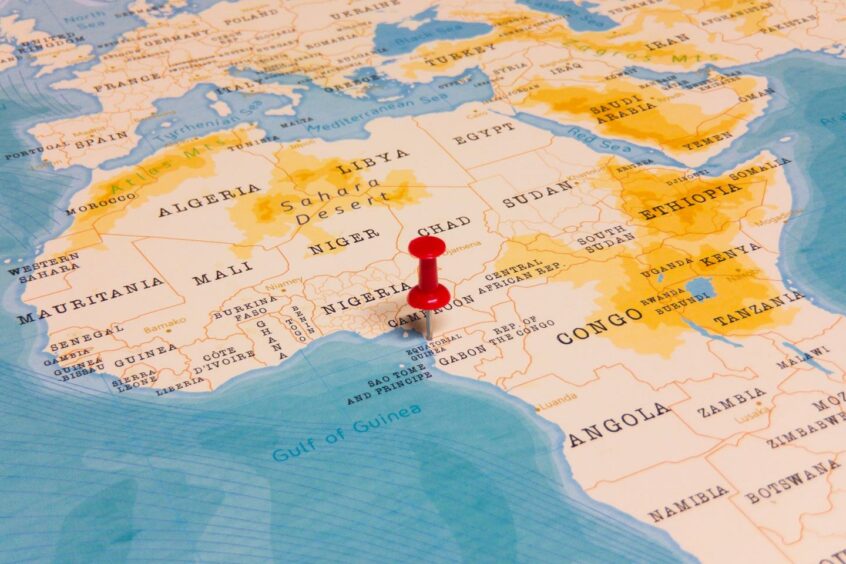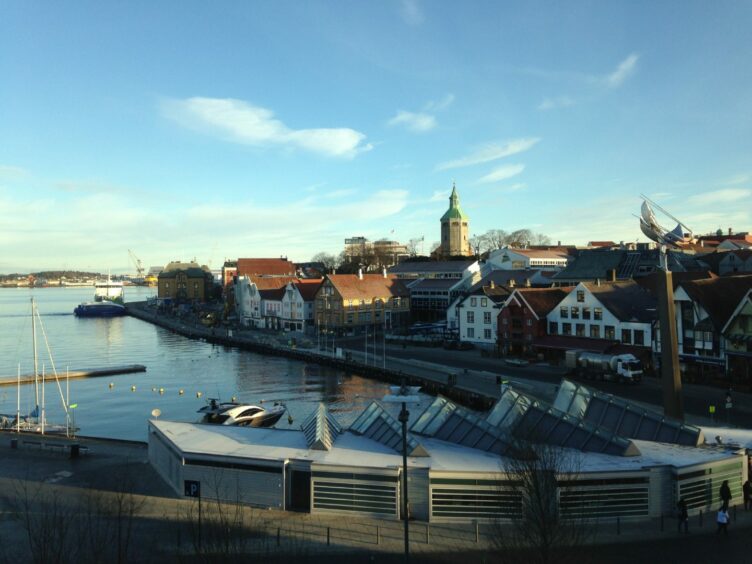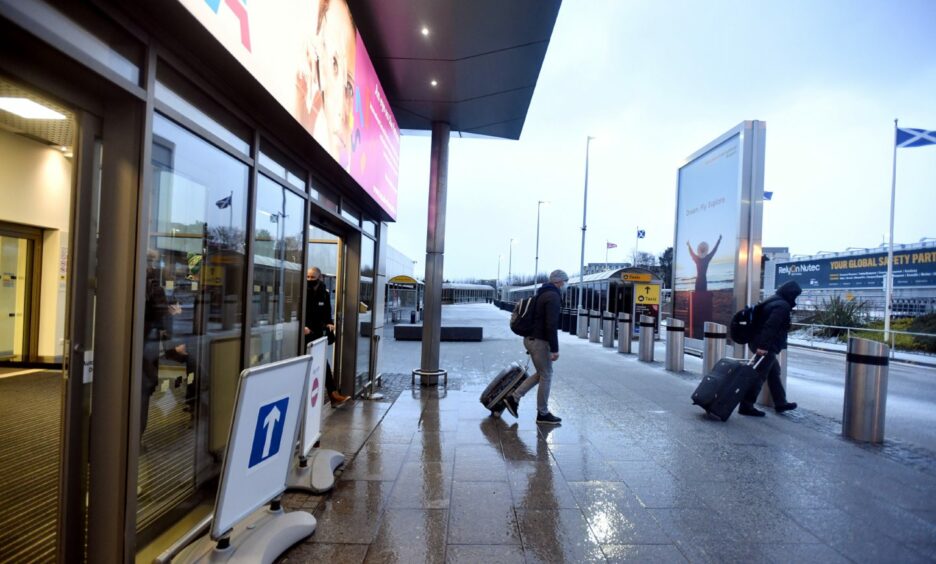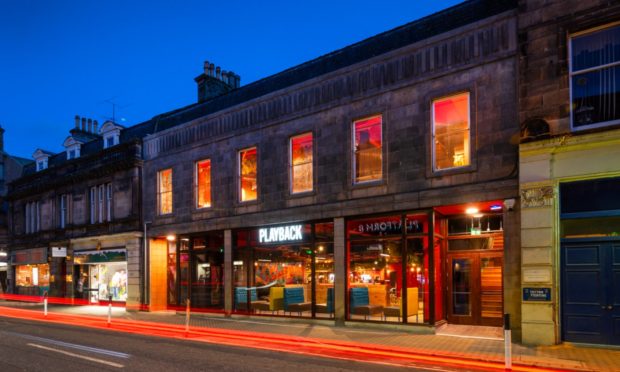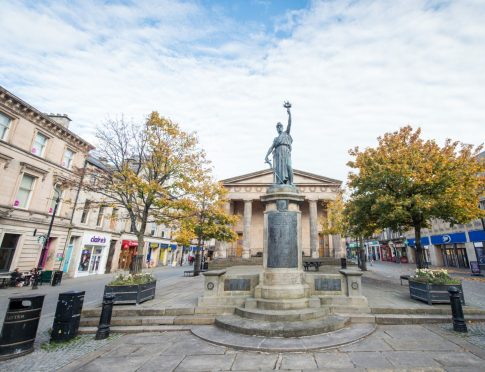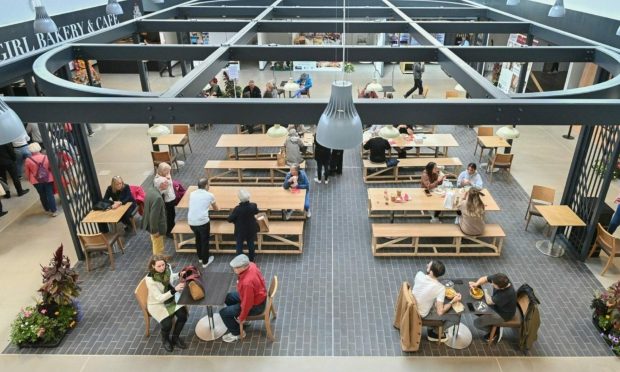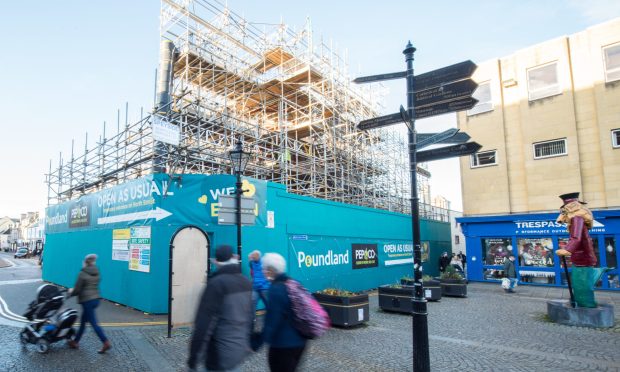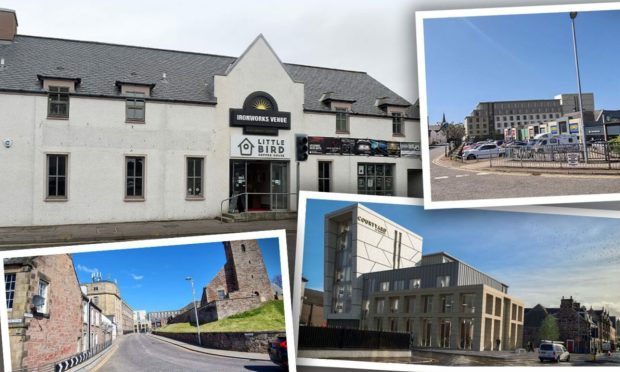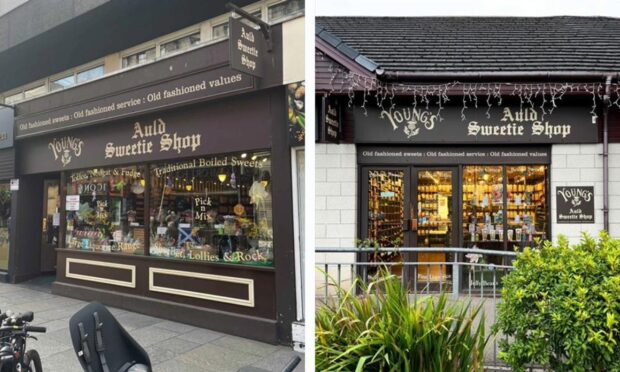There can be few sectors that have experienced global Covid-19 havoc more than the travel industry.
The bottom fell out of the leisure market and non-essential business travel stopped virtually overnight – leaving travel agents with the inevitable task of supporting distressed travellers stranded all over the world.
However, part of the travel industry found itself busier than ever – dealing with endless amendments, flight cancellations, rebooking of trips and thousands of refunds as it also responded to the shift to homeworking from a traditionally office-based environment.
Looking after travel needs of essential workers
Aberdeen-based Munro’s Travel, one of the UK’s largest independent travel management companies, looks after the travel needs of essential workers, predominately in the oil, gas, energy and marine sectors.
Making sure international workers are in the right place at the right time to keep vessels, oil rigs and installations operating effectively is the firm’s stock in trade.
It was plunged headlong into Covid chaos by unprecedented flight changes, last-minute cancellations, border closures and ever-changing entry requirements.
As the UK went into lockdown in March 2020, Munro’s had travellers stranded all over the world.
They were deeply distressed by the unfolding pandemic and desperate for emergency support.
Airlines were overwhelmed and largely unable to provide the level of support required, given the sheer volume of flight cancellations and stranded passengers.
After the initial shock of international border closures, grounded aircraft, hotels shutting their doors and the fact it was often a criminal offence to travel internationally during the early months of the pandemic, travel restrictions slowly started to ease,
Exemptions were introduced for critical workers, including those working offshore and marine crew travelling for work.
Different countries, different rules
Munro’s team was responsible for getting those at the end of a rotation home, but only after the firm could guarantee an incoming crew would be in place to relieve them.
With each country imposing its own restrictions on travel, Munro’s staff needed to not only consider the country where workers were located at any given time, but also their end destination, any places they may have to transit through and their nationalities.
The movements of hundreds of workers involved in a project in Equatorial Guinea in Central Africa were among the complex projects completed by the travel company.
Some of these journeys were made even more difficult to arrange because many of the workers were Filipinos.
The Philippines imposed restrictions on its own passport holders entering and leaving the country, introducing a quota for the number of people who could arrive or depart.
Flights could be cancelled on the day of travel if the daily quota was reached.
In the early period of the pandemic each day brought fresh challenges for Munro’s to resolve.
Staff had to show meticulous attention to detail in supporting stranded travellers.
Travel agent of the year
Munro’s business travel team is led by Cheryl Henderson, who was recently named individual travel agent of the year 2021 by the Scottish Passenger Agents’ Association.
The award was for a travel agent going “above and beyond” for customers during the pandemic.
Munro’s effort to repatriate workers, and make sure vessels, rigs and projects are properly crewed, has covered locations from New Plymouth in New Zealand to Gibraltar.
The firm was routing many of these travellers via Ethiopia, but this became problematic when war broke out in the Tigray region of the African country.
But it was a country much closer to home that caused significant, unexpected headaches – and not necessarily related to Covid.
Munro’s managing director Murray Burnett said: “Brexit challenges made travel to, from and through Norway – previously an ‘easy’ country to transit – very taxing.
“The nationality of the traveller determined if a visa or a frontier worker’s permit was required, adding layers of new complexity.”
Chartering planes, previously a rare occurrence for the Munro’s team, became a much more regular activity as employers sought to manage risk to both employees and operations.
Emphasis on safety
Staff “bubbles” were created by bringing crews to an airport hotel for testing and quarantine.
Travelling together and avoiding commercial airport facilities was felt, by many companies, to be safer.
Brexit challenges made travel to, from and through Norway – previously an ‘easy’ country to transit – very taxing.”
Murray Burnett, MD, Munro’s Travel.
Mr Burnett hopes 2022 will be rather less frenetic than at the height of Covid.
But he also expects it to be another very busy year – as the last two have been.
He said: “There has been a dramatic increased emphasis on the corporate duty of care during the pandemic and this will be a trend which continues throughout 2022 and beyond.
“Duty of care has always been a consideration for companies sending employees across the globe, but it’s now the critical consideration for many leadership teams.
“More and more organisations which have previously arranged their travel in-house have found this to be a false economy.
“They are now seeking a managed professional service which, as well as offering flexibility of travel, tracks employees to ensure their safety.”
Covid has certainly highlighted the importance of firms having a comprehensive corporate travel policy – one that suits both the organisation and its employees.
A recent EY study – 2021 Work Reimagined – showed 54% of workers would quit their jobs if employers were not flexible in meeting their personal or work-life needs, and having a sufficiently robust travel policy as part of the overall package is no exception.
Mr Burnett said: “For corporates, the biggest shift in travel has been much more emphasis on whether the travel is safe, rather than the previous weight – which was often purely attached to the cost of the trip.
“Building a corporate travel programme and running it internally is a complex undertaking for any company.
“But the pandemic has made every element of this far more complicated and potentially risky.
‘There’s a renewed focus on passenger tracking tools’
“Company policies need to empower employees to travel, but to do so safely and confidently.
“Travel management is one route to creating a safe and trusted service for companies to keep employees moving globally, as well as providing flexible and cost-effective travel.”
Munro’s MD added: “With the increased importance of duty of care by employers, there’s a renewed focus on passenger tracking tools.
“It’s an incredibly important technology which instantly locates travellers 24/7, gives seamless communication with them and identifies and rates the level of risk on a global, geopolitical, health and environmental level.
“We anticipate a significant rise in uptake of these technologies as part of a managed travel solution.
“Alongside our highly trained travel professionals, tools like this allow preventative actions and faster assistance in the event of an emergency.”
Mr Burnett said it was “extremely difficult” to predict how 2022 would pan out for the UK travel sector.
A consistent, four-nation approach to travel rules and being able to understand them at the earliest opportunity are “paramount”, he added.
